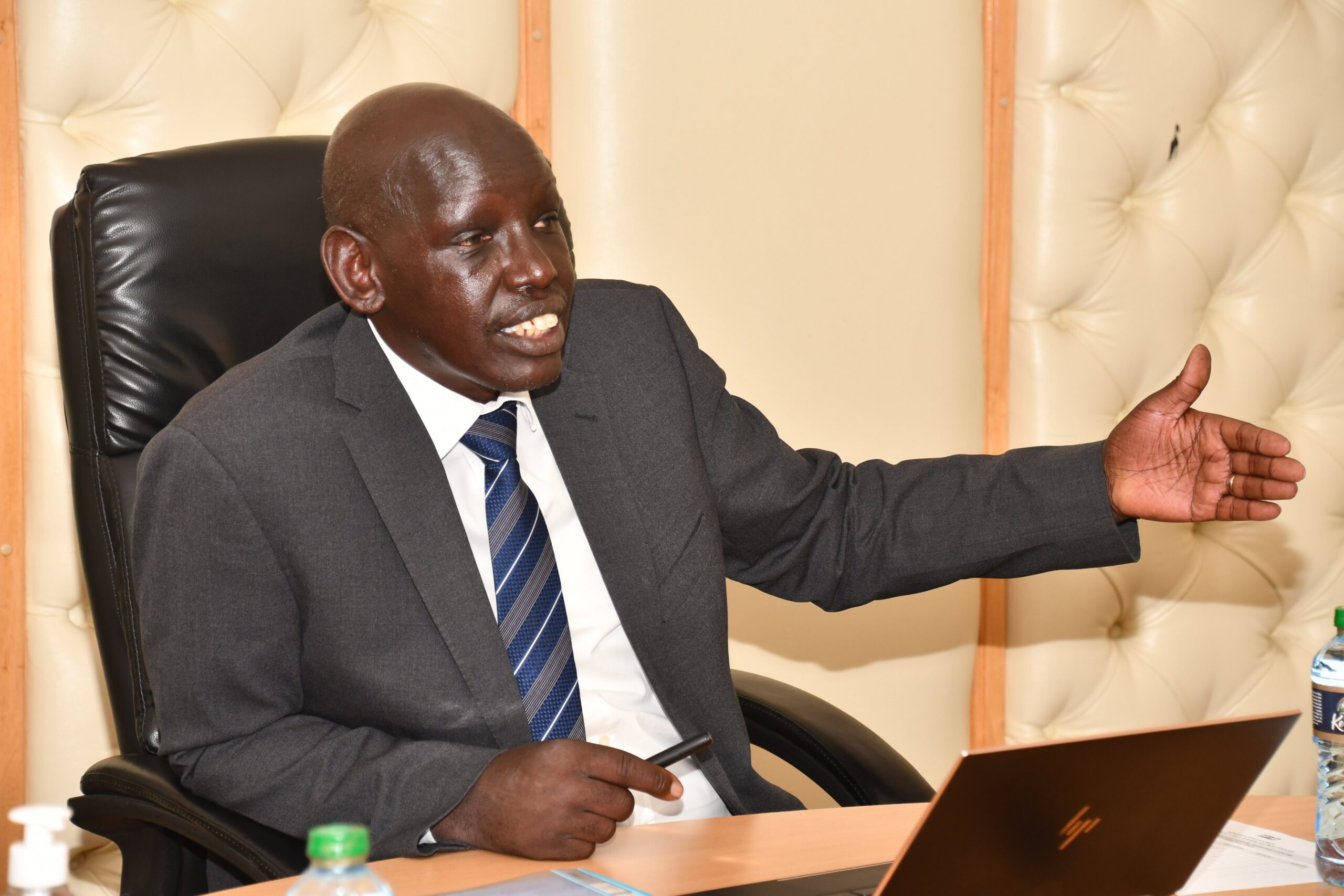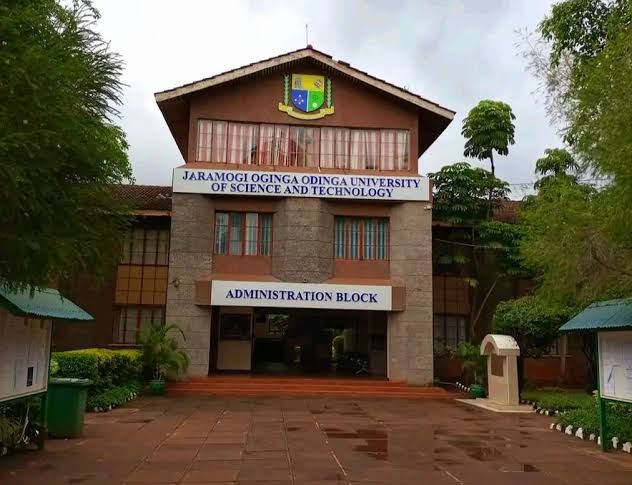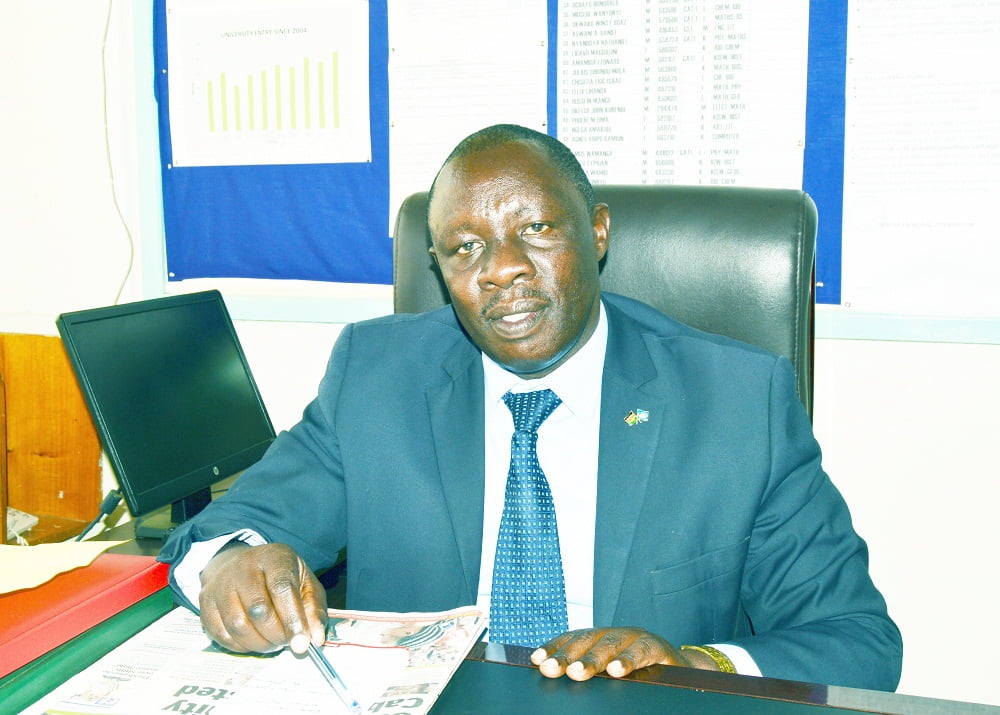The Principal Secretary for Basic Education Dr. Belio Kipsang has said that Kenya is set to implement new Education Reforms spearheaded by Presidential Working Party on Education Reforms.
He said the reforms are in line with the Constitution of Kenya 2010, which provides for an inclusive, equitable and quality education, as well as promotion of lifelong learning opportunities for all.
As well as Article 53 (1) (b) of the Kenya Constitution which provides that every child has a right to free and compulsory basic education.
“We are confident that once the final report of the Working Party is officially released, our country will have a firm basis upon which to keep the CBC implementation in the right trajectory,” the PS said.
The PS was speaking during the 4th African Curriculum Association Conference which was held at the Kenya Institute of Curriculum Development (KICD) Nairobi recently.
He said he was pleased with the current reception of the new curriculum, the Competency Based Curriculum (CBC) which had a lot of criticism since its inception.
“I am informed that the shift towards the Competency Based Curriculum was at the center of the discussions that took place in the three days of this conference.
“It is particularly encouraging to note that the experiences of various countries as pertains to the CBC, as shared in this Conference, pointed to robust efforts towards Africanisation of various aspects of the curriculum,” he noted.
Belio congratulated the organizers of the conference saying it has provided opportunities for the delegates to share knowledge, experiences, successes and challenges facing the education sector(s) in the African continent.
“This has as well helped in providing strategies and solutions that can collectively address the common issues we face in the continent as we seek to advance the education agenda.” He said
Among the things agreed upon in the conference are, African countries should focus on designing curricula that develop learner competencies as opposed to memorization, Governments in Africa should ensure equal access to education and learning opportunities for all as espoused in SDG 4.
Africa should not forget the place of indigenous languages, indigenous knowledge and indigenous technologies in the curriculum.
There was a need for enhanced capacity building of curriculum developers, implementors, instructional leaders and teachers at various levels.
Curricula ought to provide a framework that caters for diversity, inclusion and development of individual learner potentials (none is left behind).
There is need for entrenchment of ICTs in the teaching and learning process as well as the management of education.
This also includes equipping learning institutions with ICT infrastructure and developing capacity of education managers, teachers and other stakeholders to appreciate digital literacy.
There is need to strengthen the African Curriculum Association as a professional body for curriculum experts in Africa.
The number of countries that were represented in this conference includes; Malawi, Niger, South Sudan, Burundi, Chad, USA, Sierra Leone, Ghana and the host, Kenya.
By Vostine Ratemo
Get more stories from our website: Education News
To write to us or offer feedback, you can reach us through: editor@educationnews.co.ke
You can also follow our social media pages on Twitter: Education News KE and Facebook: Education News Newspaper for timely updates.






